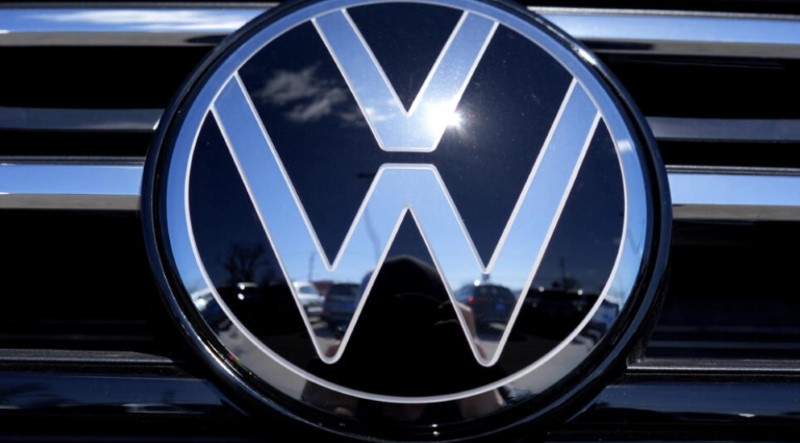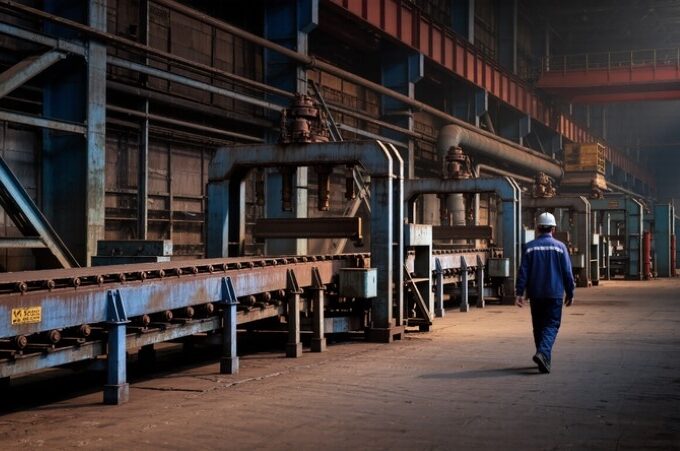As the financial pressures facing Volkswagen continue to mount, tensions between the company’s management and labor unions are growing. The Wolfsburg meeting will be a key occasion for the two sides to confront their views, with union leaders vowing to resist any plans for layoffs and plant closures. Cavallo has emphasized in several interviews that the unions will not give in easily, especially when tens of thousands of workers’ jobs and the entire regional economy are at stake.
Impact of plant closure plans on the local economy
The economy of Wolfsburg and its surrounding areas is almost entirely dependent on the Volkswagen plants to function, and if the layoffs or plant closures come to fruition, they will have a profound impact on the local community. Cavallo pointed out that any cuts would not only result in thousands of job losses, but could also have a knock-on effect on related supply chain companies and service industries. She called on the government and local authorities to step in to ensure that Volkswagen does not make decisions that will harm workers.
At the same time, the German Government is under pressure. Chancellor Scholz’s government is facing stiff competition from far-right parties that made significant gains in the recent elections. As the German economy slows, the government must find a balance between preserving jobs in key industries and meeting the challenges posed by the globalization of markets.
Slow pace of electric vehicle transition
Although Volkswagen is regarded globally as a giant in the automotive industry, it has been criticized by many for being too slow to respond to the rapid rise of the electric vehicle market. In particular, VW’s decision makers have been accused of being slow to develop and invest in electric models as they compete with rivals such as Tesla. Union representatives argue that the company’s management has failed to make informed decisions in this critical area, allowing the German plant to gradually become less competitive.

On the issue of plant closure, labor representatives are not totally against reform, but they insist that management should take other measures to enhance efficiency, such as optimizing production processes and improving supply chain management, rather than directly resorting to layoffs as a solution. Thomas Knabel mentioned that labor unions are willing to work together with management to find a middle way that can improve profitability and protect workers’ rights.
External competition and globalization pressure
Another major challenge facing the German automotive industry is the competitive pressure brought about by globalization. With the accelerated expansion of emerging electric car makers in China, the United States and other countries, the demand for the European market has gradually been seized, Volkswagen and other traditional car makers feel unprecedented pressure. Many emerging automobile brands are rapidly capturing market share by utilizing more flexible production modes and lower cost advantages, which are difficult for VW and other established automakers to match.
Increased competition in the international market has led VW to re-examine its strategy in the global supply chain and production layout. For workers in German factories, the possibility of plant closure is not only an internal corporate issue, but also epitomizes how the entire European automotive manufacturing industry responds to changes in the global market.
Potential impact of the Wolfsburg meeting
The meeting will not only have a significant impact on Volkswagen’s future strategic decisions, but is also seen as a weathervane to gauge the power of German labor unions in their game with management. The confrontation between management and labor unions is likely to intensify over time. With the unions demanding job security and higher wages, and management under pressure to cut costs and boost profit margins, both sides are hoping to find a compromise through negotiations in the coming months.
Despite the uncertainty of the future, it is certain that changes in the German automotive industry are accelerating. In the coming years, Volkswagen will not only have to face internal structural adjustments, but will also have to redefine its strategic positioning in the global market in order to cope with the expanding market for new energy vehicles and the pressing of competitors.












